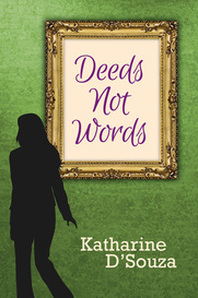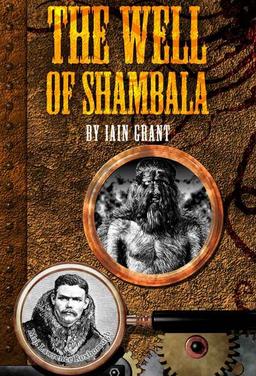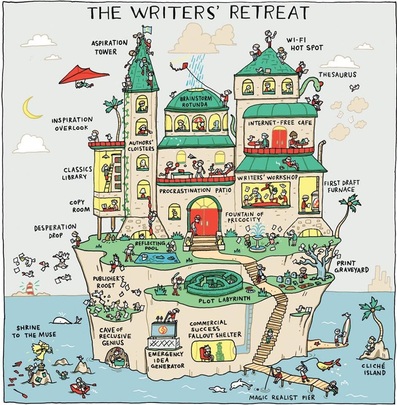
It tells the story of Caroline, a museum curator in Birmingham, who is recently divorced and unsatisfied with her life. The novel immediately picks up pace by presenting Caroline with three dramatic turn of events: 1) an anonymous figure arrives at the museum with a mysterious object, 2) Caroline's one-time fling Olly arrives in the city, and 3) Caroline's grandma falls sick and vows to reunite her broken family by changing her will.
As with any second novel, fans want to see everything they loved about D'Souza's debut novel, Park Life, but they also demand something bigger and bolder. Deeds Not Words delivers on both fronts.
Returning fans will once again be rewarded with a strong female protagonist, a vast range of characters and writing which celebrates the city of Birmingham for its story-telling potential. However, D'Souza also ups the ante for her second novel, offering readers a more ambitious plot which delves into the history of Birmingham's suffragette movement. It is clear that D'Souza has done her research and she blends historical points of interest into the story without ever derailing into a dry lecture.
D'Souza is very skilled in presenting her lead characters with moral dilemmas, naturally prompting the reader to consider themselves in similar situations. For instance, Caroline has to consider whether to respect her grandma's wishes at the risk of upsetting the rest of her family. She also has to consider whether to pursue a relationship with Olly, which is fun but against her better judgement. Much of the interest for the reader is seeing how Caroline works through these dilemmas.
D'Souza also has a talent for depicting grey characters. There are few obvious heroes and villains. Olly confidently swaggers into Caroline's life looking for romance after cheating on his wife. However, the same cocky character offers Caroline support (and free art appraisals) as the novel progresses. Adversely, Caroline's mother Alice becomes less and less sympathetic, despite her own mother's illness. This complexity of characters elevates D'Souza's work over similar novels in the genre of chick lit.
There are a few minor quibbles. One of the three plot points described above is abandoned quite early and could have been omitted entirely. The ending also feels rather abrupt with a few plot threads that could have been explored further, especially the future plans of the family. However, it is not a bad thing to be left wanting more.
Deeds Not Words is a brilliant Brummie read and is available for Kindle and Kobo.




